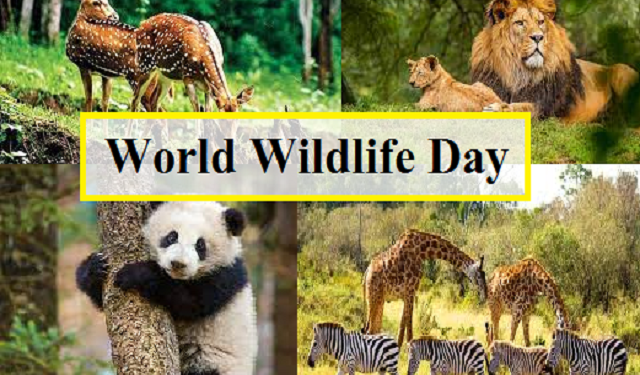In commemoration of World Wildlife Day, advocates are calling on the Government of Zimbabwe to enact and enforce robust legislation and policies aimed at safeguarding wildlife habitats and combating illegal wildlife trade.
The Centre for Natural Resources and Governance (CNRG) highlighted the importance of promoting sustainable practices and ensuring equitable distribution of benefits derived from natural resources. “The Government of Zimbabwe must enact and enforce robust legislation and policies that protect wildlife habitats, regulate extractive industries, and combat illegal wildlife trade. These frameworks should promote sustainable practices and ensure equitable distribution of benefits derived from natural resources,” said CNRG
Furthermore, the call for action extends to allocating adequate resources to strengthen wildlife protection efforts, including anti-poaching measures and dismantling illegal wildlife trade networks. “The Government of Zimbabwe should allocate adequate resources to strengthen wildlife protection efforts, including anti-poaching measures and the dismantling of illegal wildlife trade networks. International cooperation is essential in combating transnational wildlife crime.
“Government should ban trophy hunting and take leadership in campaigning against the practice on the African continent. Trophy hunting has the potential of agitating wild animals and exacerbating human-wildlife conflict,” added the advocacy group. In addition to involvement, CNRG said community conservation efforts should provide tangible benefits to local communities, including alternative livelihood opportunities, education, healthcare, and support for sustainable agriculture and eco-tourism initiatives.
Africa Wildlife Foundation chief executive officer Kaddu Sebunya called stakeholders to remain steadfast in addressing ongoing challenges such as climate change, habitat loss, poaching, and human-wildlife conflict.
“As we celebrate the strides we have made, let us remain steadfast to confront the challenges ahead. We can develop innovative solutions to protect wildlife and promote sustainable coexistence between humans and nature by harnessing the power of data analytics, remote sensing, and community engagement,” said Sebunya.



